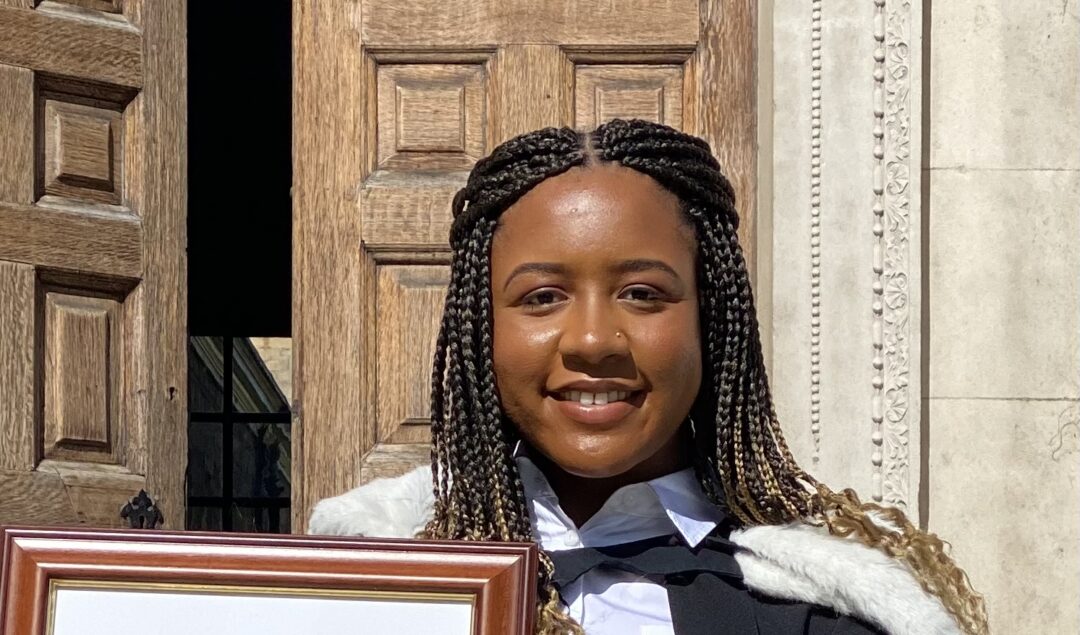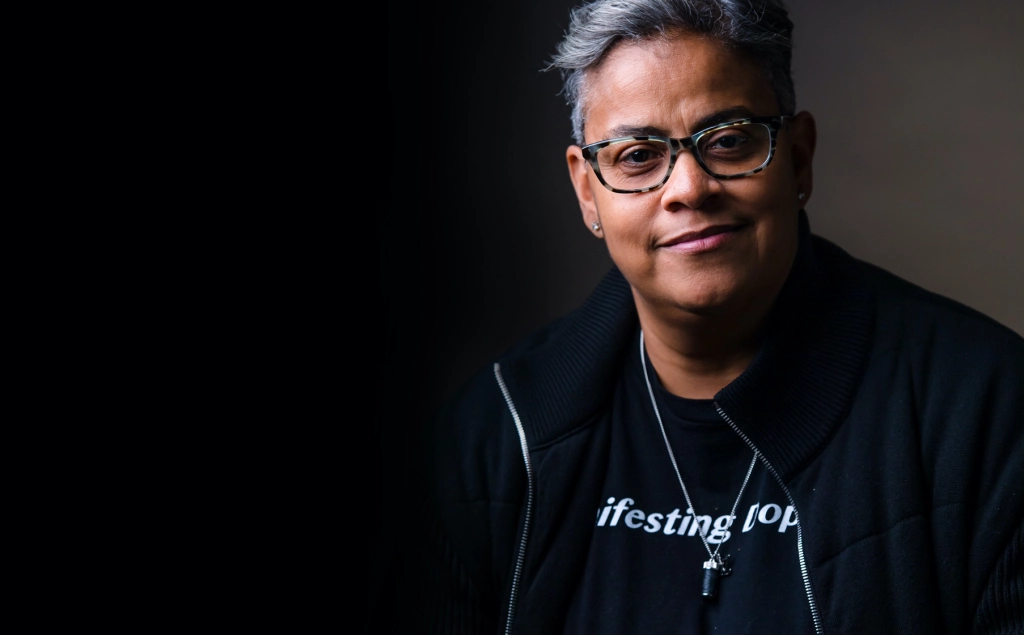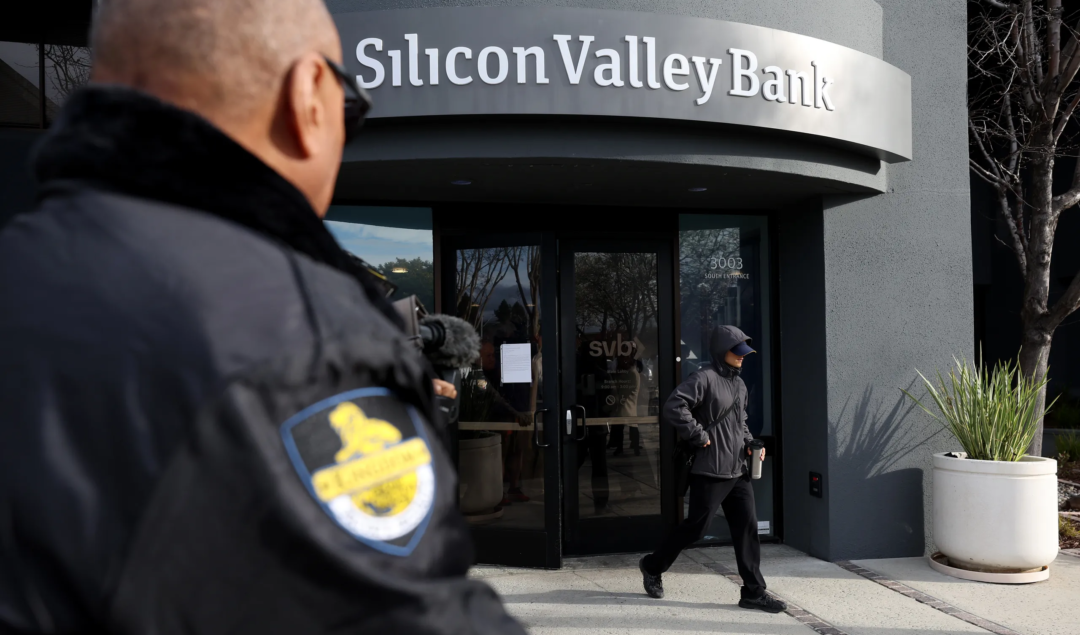When Olivia Hylton graduated from the University of Cambridge, she found herself struggling to make friends as an adult in a post-pandemic world. The 26-year-old spoke to POCIT about creating a meet-up app to empower Black women to make friends anywhere they go. Sistren is a digital platform that empowers users to make connections based on interests and proximity, with users able to create a profile, host events, and reach out to others that are local to them via the user directory. Hylton, who had never considered becoming an entrepreneur
Several Black-led venture capital firms have written an open letter in response to a Wall Street Journal (WSJ) op-ed which suggests Silicon Valley Bank’s diversity focus contributed to its collapse. Following the collapse of Silicon Valley Bank, the WSJ published an opinion piece by Kessler in which he stated: “I’m not saying 12 white men would have avoided this mess, but the company may have been distracted by diversity demands.” Black Women in Venture Capital, BLCK VC, 1863 Ventures, and Living Cities wrote an open letter to the Wall Street Journal editors and
It appears that TikTok US’s former head of product, has said the quiet part out loud. According to Sean Kim, TikTok’s Creator Fund isn’t concerned with helping creators monetize their content. In 2020, TikTok announced the launch of a $200 million creator fund to help US creators monetize. They later increased this fund to $2 billion. In Europe, the company announced a $70 million fund that was expected to rise to $300 million within three years. TikTok agreed to pay fund participants on a sliding scale based on how well their videos
Leading cybersecurity and digital skills training company ThriveDX has partnered with the OneTen coalition to help Black talent secure tech and cybersecurity jobs – without needing college degrees. In 2020, America’s leading CEOs, companies, and talent developers banded together to form a coalition dedicated to upskilling, hiring, and promoting one million Black individuals who do not have four-year degrees. OneTen’s growing portfolio of 70+ partners includes educators, trainers, and providing Black people with the skills needed to secure “family-sustaining” jobs across the US. The coalition reports that they have helped more than 65,000 people secure top
This article was first published by Priyanka Jain on Medium. What a weight off my shoulders!! I opened my to-do list and scratched off all the items tagged work. After 20+ years in the tech industry, I experienced a first last week. I was unceremoniously let go from my position as Director of Engineering on a Zoom call that lasted 5 minutes at the end of my workday. I’ve witnessed and been indirectly affected by tech layoffs before. As we weather this latest round of shake-ups in the tech industry, I
The nonprofit social startup digitalundivided has released its latest Project Diane report unveiling the experiences of Latina and Black women tech entrepreneurs. Catalyzing Latina and Black women’s growth Founded in 2012, the Newark-based startup leverages data, programs, and advocacy to catalyze economic growth for Latina and Black women founders at all stages of their entrepreneurial and funding journeys. In 2016, digitalundivided launched the Project Diane Report, the first biennial demographic study that captures the experiences of Latina and Black women tech founders. “Building on the legacy of women like Diane Nash who worked
Edtech startup Kai XR has raised $1.6 million in seed funding to expand its virtual reality (VR) educational resources to one million kids across the US. Kapor Capital led the oversubscribed round, which included Mitchell Kapor Foundation, American Family Insurance Institute for Corporate and Social Impact, and others. The Oakland-based edtech startup is making education more accessible through inclusive mixed-reality spaces that allow children to explore, create, and learn. From education to innovation Kai Frazier founded Kai XR in 2018. Through her time as an educator in the classroom and in museums,
Silicon Valley Bank’s (SVB) collapse has reignited debates about whether the US government is doing enough to regulate financial institutions – but another debate is brewing. Here’s an excerpt from a Wall Street Journal opinion piece published on March 12: “Was there regulatory failure? Perhaps. SVB was regulated like a bank but looked more like a money-market fund. Then there’s this: In its proxy statement, SVB notes that besides 91% of their board being independent and 45% women they also have “1 Black,” “1 LGBTQ+” and “2 Veterans.” I’m not
This article was first published by Jennifer Opal on her blog. Let me introduce myself… My name is Jennifer Opal, I’m a DevOps Engineer currently working for Dropbox Sign. Outside of my day-to-day, I’m a Multi-Award Winning Technologist, Technical Blogger, Keynote Speaker & Neurodiversity & Inclusion Advocate. On top of this, I also sit on the Co-Production Board of a UK-based charity called, ‘Neurodiversity in Business’. You can learn more about me, my work outside of my full time job as a DevOps Engineer & more by checking out my
After days of turmoil, Silicon Valley Bank (SVB) customers are now able to access their money held in the bank. What happened to SVB? It took just 24 hours for US tech’s favorite bank to fall from grace. SVB served nearly half of US VC-backed tech startups and investors, according to the FT. But interest rates rose, bond values shrank, and with the tech industry slowdown, deposit withdrawals rose too. In a crude oversimplification: companies and investors pulled their money out of SVB amid economic uncertainty. To meet depositor demands for













